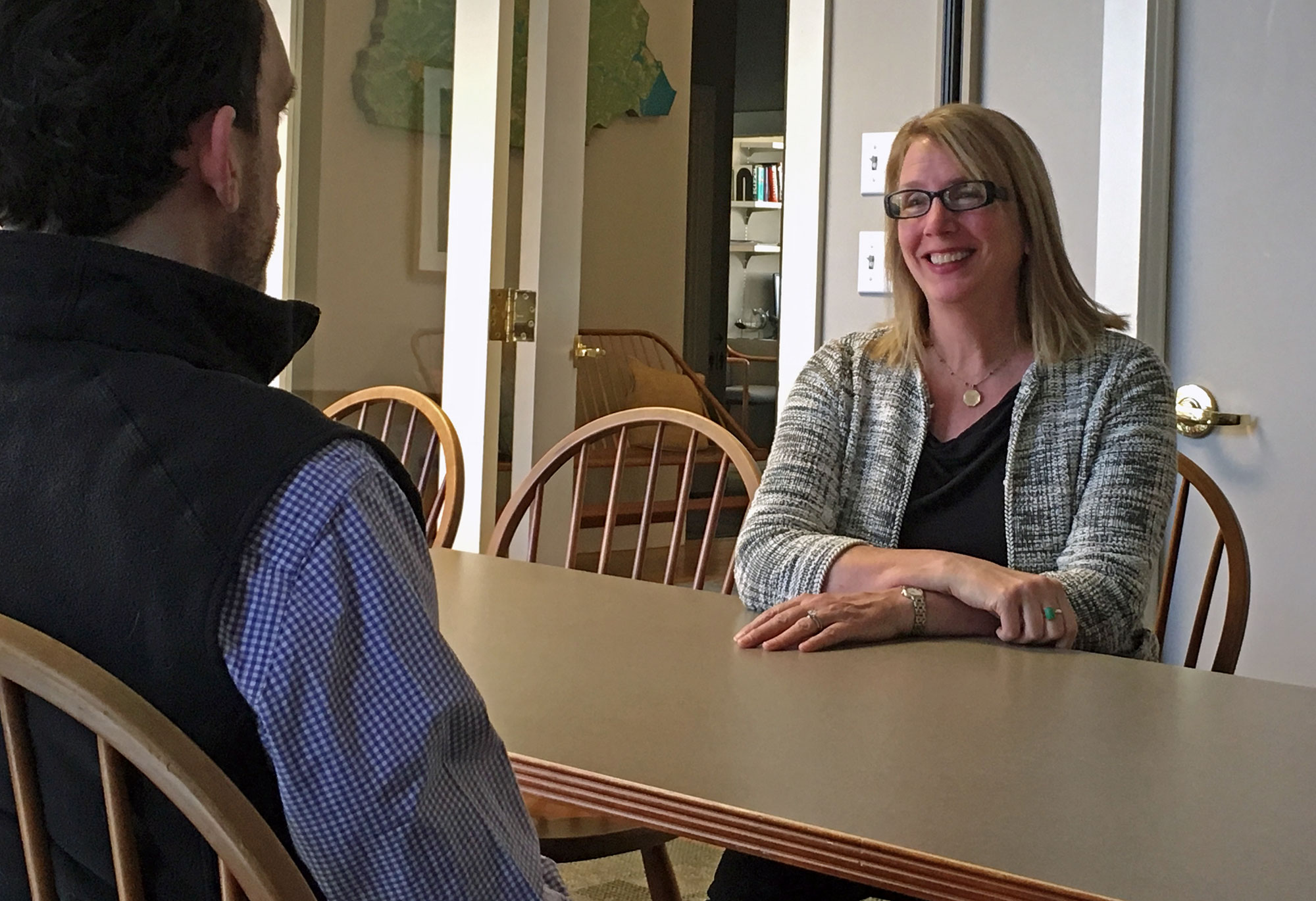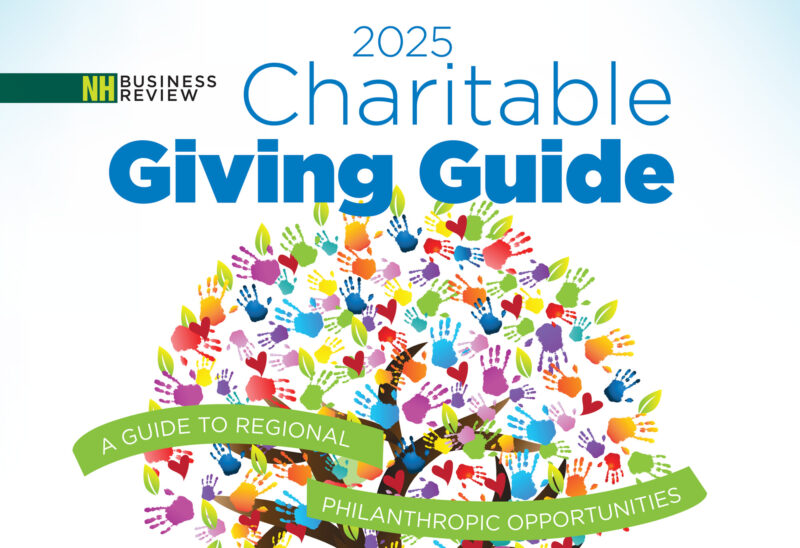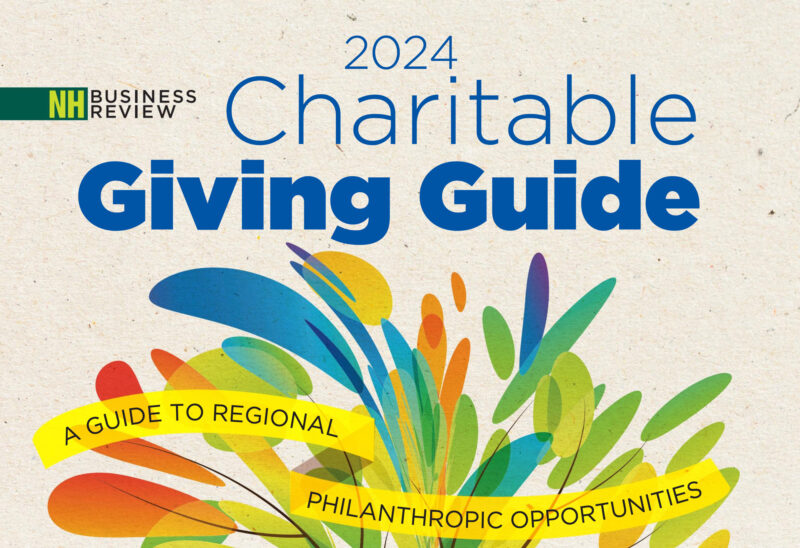For many people we work with, giving is not a solo activity — but a family affair. Giving as a family can be very rewarding, but can be more complicated than it seems. Individuals that make up a family have different interests, different giving philosophies, and may have a hard time finding the time to work together on giving in a focused way. Many folks come to the Charitable Foundation for help engaging multiple generations in their giving traditions, and for strategies to make that giving effective and rewarding for all members of an extended clan.
Here are some ways we can help:
Help families identify philanthropic goals and prioritize their giving, and craft a giving plan.
Deciding where to put limited resources can be difficult. Often, people get stuck in reactive giving — responding to a few of the many (many) requests that flow in, rather than deciding first which areas of need they really want to address. Using a variety of tools and activities, we help family members identify priorities for where they want to make a difference with their giving. And we can help identify the nonprofit organizations doing great work to address the issues that matter most to you.
One family we worked with was reacting to dozens of appeals from nonprofits located throughout the country. We did an audit of their giving and found that they were giving small amounts to nearly 100 organizations, far and near. They did not know most of the organizations or their work well, but felt compelled to respond to urgent requests. They wanted to give larger amounts to fewer organizations closer to home — and have a bigger impact with their giving. But they did not know where to start.
The giving audit helped them prioritize their giving by interest area, and encouraged them to assign percentages to each of their areas of interest. The audit helped them see what they were actually doing compared with what they wanted to do.
In the end, they settled on a list of about 20 organizations doing work close to home, in areas that mattered most to them — basic needs, the environment, the arts, education and health and medicine.
Their giving is making more of a difference right here in New Hampshire, at organizations they know well, and they feel much more connected to those organizations and their work — and gratified by their giving.
Each family’s giving plan is individual — and flexible. As community needs and giving priorities change over time, we continue to work with families to help them do the most good with their giving.
Provide tools and strategies for parents to teach children about philanthropic values and about managing a family’s philanthropic fund.
We work with families at all stages — from families with small children, looking for age-appropriate books and activities to learn about giving, to families preparing the next generation to take over the management of their philanthropic fund. In all cases, we provide tools and strategies tailored to your family’s needs.
And we know that lessons about giving, like all important life lessons, happen over time. Many of us learn about giving from seeing our parents, grandparents and other important adults give of their resources, time and talents to help their communities. Research by the Lilly Family School of Philanthropy at Indiana University found that talking about giving with your children, in addition to role-modelling, is important in raising the next generation to be generous: Discuss the organizations you support, along with why you give to them. I am constantly inspired by the stories I hear from people: “I received a scholarship, and I want to do the same thing for another student,” or “I had tough times as a kid and didn’t have a group like the Boys & Girls Club nearby. I would have liked going to a group like that.” Or “I want to provide job opportunities for people with developmental disabilities. I met someone with a disability at work and we’ve become friends; he’s made me a better person.” Tell your story to your children — it will become part of their giving story.
Facilitate family meetings to involve the next generation.
Often, families ask us to facilitate a multi-generational family meeting around philanthropy.
When we facilitate family meetings, we recommend an initial meeting to learn about your goals for involving family members. Depending upon your goals, and the realities within your family (age range, geographic location, interest, dynamics, etc.), we will make suggestions about the best ways to facilitate a wider family conversation. Oftentimes, one generation will name members of the next generation as “successor advisors” to their donor-advised fund. Family gatherings can help prepare the next generation to take on that role — to give together, to carry on a family’s tradition of philanthropy, and to understand the motivations of the generation that established the fund.
Share Knowledge.
Foundation staff have deep knowledge of the great work being done by the nonprofit sector in New Hampshire — across a broad range of service areas. All of our senior program officers have personal experience working in the nonprofit sector — from public health to the environment to youth mentoring. Helping people do the most good with their charitable dollars is what we do.
When a generous person came to the Foundation wanting to help people affected by the state’s opioid crisis but not sure how best to help, our in-house experts were able to identify an area of acute need — moms and babies in need of services — and deploy his resources into the community quickly and effectively to save lives. When the Lavalliere family wanted to help people get professional training and certificates, they came to the Foundation for help setting up a family of scholarship funds to do just that. Family members and other fund advisors of the Lois Roy Dickerman Fund rely heavily on Foundation staff knowledge to inform their grant-making to help kids in need. Whatever your interest area, our staff will help you do the most good with your philanthropic dollars.
Coordinate site visits to nonprofits.
When appropriate, we love to arrange site visits for generous families who support nonprofits. If you are considering a major gift and want to see a nonprofit in action, we can make introductions, arrange a visit and come along if you wish. We can also help you learn more about the organization in other ways before your visit — a critical first step, since nonprofits often have very limited staff capacity to carry out their important missions. (There are also instances when, for reasons of client confidentiality, for instance, site visits just are not possible or are not appropriate for children.) Site visits and family volunteering are wonderful ways to deepen your connection to and support of nonprofits doing great work in our communities.
We realize that, for many generous people who work with us, passing on their tradition of giving to the next generation is a primary goal of their philanthropy. We celebrate that, and we’re honored to help make it happen.
The New Hampshire Charitable Foundation helps generous individuals, families and businesses maximize the power of their giving, connects donors with high-impact nonprofits and programs, and leads and invests on important initiatives for the state. To learn more, contact Laura Rauscher, director of development and philanthropy services, at 1-800-464-6641 ext. 274 or Ynhen.Enhfpure@aups.bet.













![Oluwakemi Olokunboyo of Dover received a McNabb scholarship to study nursing at Great Bay Community College [Photo by Cheryl Senter]](https://www.nhcf.org/wp-content/uploads/2024/05/Scholarship-Hero-800x548.jpg)
![Indrika Arnold, Senior Wealth Advisor, the Colony Group [Photo by Cheryl Senter]](https://www.nhcf.org/wp-content/uploads/2024/05/Indrika-Arnold-Hero-800x534.jpg)




